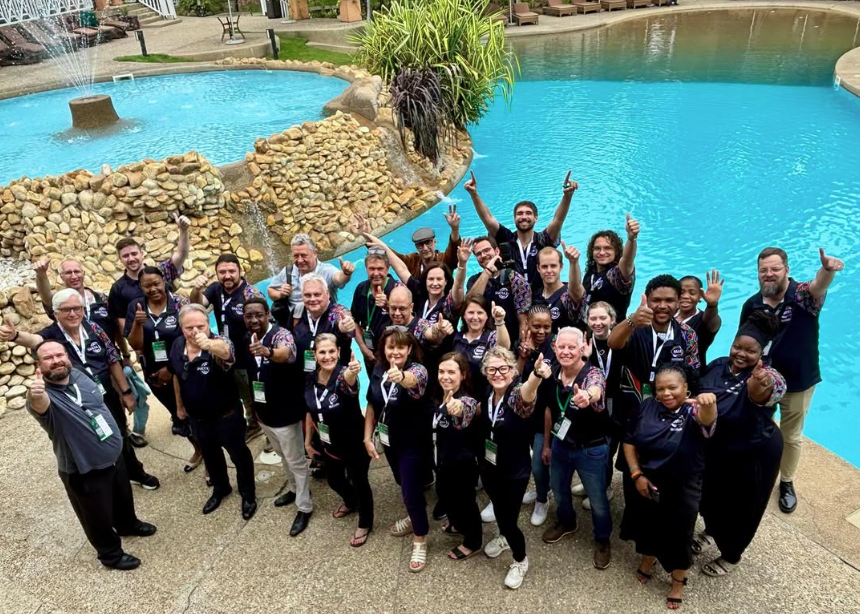Who is Gen Z?
Generation Z, often referred to as Gen Z, is a diverse group marked by its tech-savvy, socially conscious, and individualistic members. Unlike their millennial predecessors, Gen Z grew up in a world saturated with technology, with the internet, smartphones, and social media playing integral roles in shaping their identities. This digital immersion has given rise to a generation that is hyper-connected, socially aware, and expects instant gratification.
Tailored Marketing for Gen Z

- Authenticity Over Perfection: Gen Z values authenticity over polished perfection. They seek genuine connections with brands that share their values. Marketers should focus on showcasing the human side of their brand, sharing behind-the-scenes content, and engaging in transparent communication.
- Socially Conscious Messaging: Unlike previous generations, Gen Z is highly socially aware and concerned about global issues. Brands that align with social causes and demonstrate a commitment to making a positive impact are likely to resonate with Gen Z. Incorporating social responsibility into marketing campaigns can create a strong connection with this demographic.
- Interactive and Visual Content: Gen Z has a short attention span and a preference for visually appealing, interactive content. Incorporating videos, memes, and interactive elements into marketing strategies can capture and maintain their attention. Platforms like TikTok and Instagram, known for their visual and interactive nature, are particularly popular among Gen Z.
- Mobile-First Approach: Gen Z is a mobile-first generation, with smartphones being the primary device for communication and content consumption. Marketers need to optimise their websites and content for mobile devices to ensure a seamless and engaging experience for this tech-savvy generation.
The Role of Education in Tailoring Marketing Strategies
To effectively tailor marketing strategies to Gen Z, marketers need to stay ahead of the curve and continuously update their skills. The IMM Institute offers specialised marketing courses that equip professionals with the knowledge and insights needed to navigate the dynamic landscape of Gen Z marketing.
Marketers can leverage courses to gain a deep understanding of the preferences, behaviours, and trends shaping Gen Z. These courses provide practical tools and strategies for crafting campaigns that resonate with this demographic, ensuring that marketing efforts are not only seen but embraced.
Conclusion
As Gen Z takes centre stage in the consumer landscape, marketers must adapt to their unique characteristics and preferences. Tailored marketing strategies that prioritise authenticity, social consciousness, interactive content, and a mobile-first approach are essential for connecting with this generation.

















